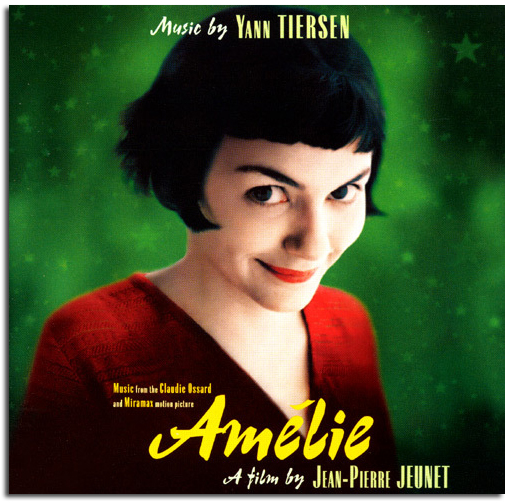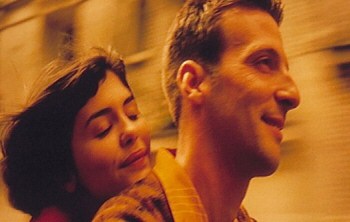 Michael C. from Serious Film returning for a new season of Unsung Heroes and right off the bat I’m going to cheat a little. I went back and forth as to whether it was stretching to label this achievement “unsung” since I know many people who adore it. That said, I’ve never read a tribute to it, and it’s my column, right?
Michael C. from Serious Film returning for a new season of Unsung Heroes and right off the bat I’m going to cheat a little. I went back and forth as to whether it was stretching to label this achievement “unsung” since I know many people who adore it. That said, I’ve never read a tribute to it, and it’s my column, right?
A memorable theme, an original song, a perfectly applied pop song. They stamp a film’s identity on the public consciousness like nothing else can. The Graduate is arguably one of the closest approaches to flawlessness in film history but would the genius of Mike Nichols be so readily apparent were it not for the contributions of Simon and Garfunkel? Would the image of Holly Golightly remain so iconic were it not inextricably wedded to the strains of "Moon River"?
I would go so far as to say that in some cases the achievement of the composer outweighs that of the director. I don’t think it’s stretching to suggest Rocky might be just another underdog tale, well liked in its day but half-remembered now, were it not for the aural adrenaline that is Bill Conti’s fanfare. Scan the list of the all-time highest grossers and see how few lack a tune you can hum off the top of your head.
All this is a roundabout way of saying that I believe a huge portion of the credit for Amelie’s status as one of the most beloved films of the past decade belongs to the swirling calliope music of composer Yann Tiersen.

Amélie is one of those films like Singin’ in the Rain that its devotees love out of all proportion. Like that musical, Amélie touches a place of pure, undiluted joy that few movies come within miles of. When Amelie is so overwhelmed with love of life that she has to sweep through the streets describing every detail to the blind man the score sweeps us up right along with her. A lot of movies depict happiness. Amélie radiates it.
It is said that director Jean-Pierre Jeunet was considering The Piano composer Michael Nyman until he heard a production assistant pop in one of Tiersen’s albums. Jeunet must have realized instantly what a perfect match it was. Tiersen’s music with its accordions and harpsichords is unavoidably French, but like Amélie’s depiction of Montmarte, it’s a few fanciful degrees removed from reality, more a depiction of the unreachably romantic idea of France than of France as it is. On top of which, Tiersen’s love of found musical instruments like typewriters and bicycle wheels beautifully reflects the hand-made, nostalgic texture of the story.
The finished soundtrack contains both original compositions and previously recorded material, thus preventing Tiersen from receiving a richly deserved Oscar nomination for his work, and once again depriving that category of one of its year’s defining achievements. Shame. As delightful as Amélie’s script is I believe that ten years later the film still has such a firm a grip on the hearts of so many film lovers because of Tiersen's music.
[Editors Note: Yann Tiersen is currently on tour for his latest CD "Dust Lane". Tonight he's in Santa Cruz, tomorrow at Belly Up in San Diego and the US portion of his tour closes Friday in Los Angeles.]